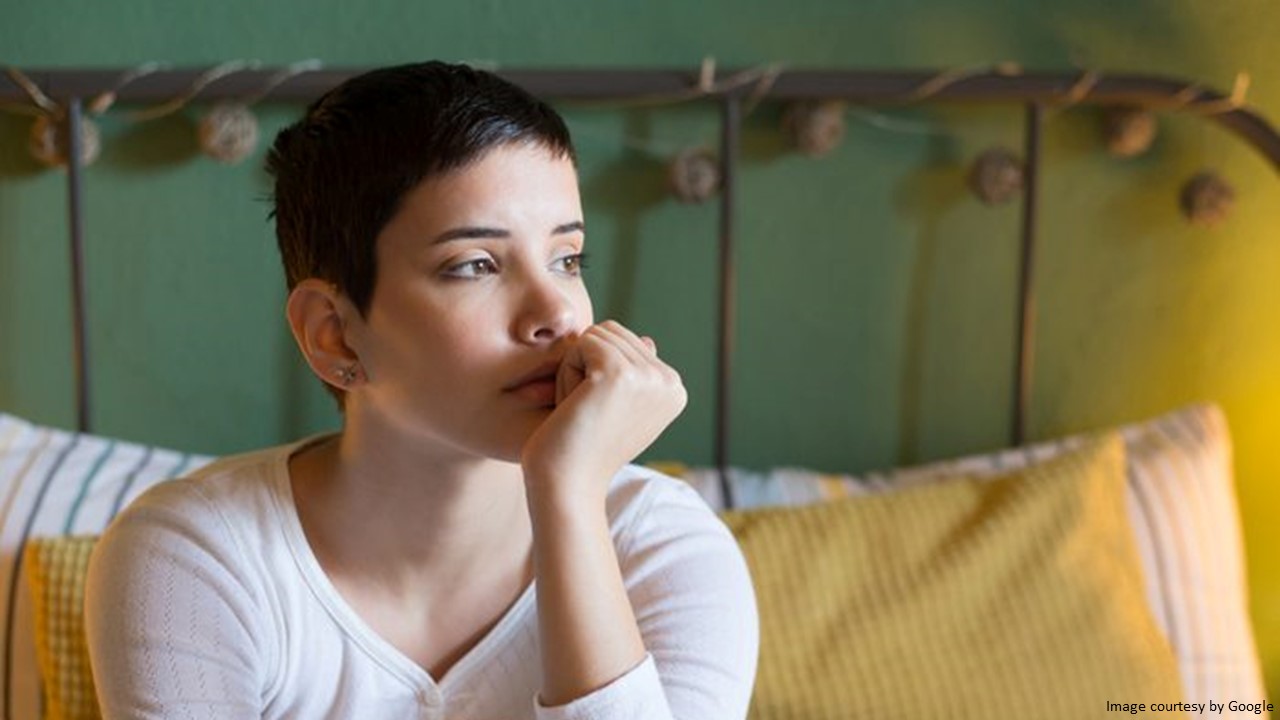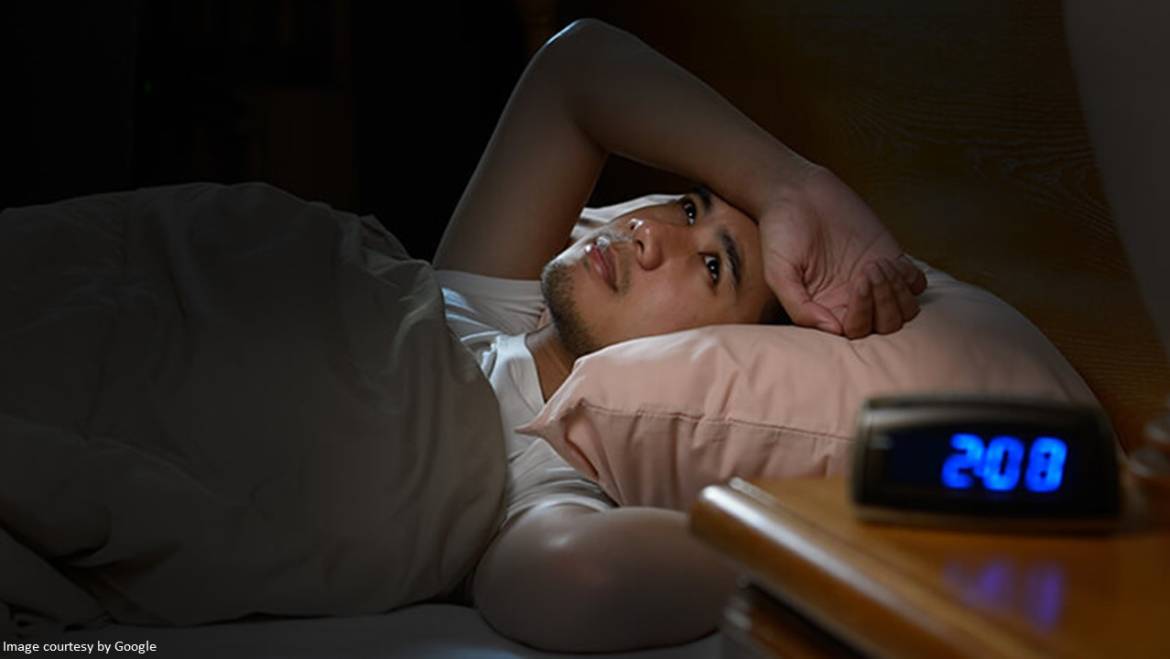Insomnia causes sleepless nights; here, you need to figure out which type of insomnia affects your daily life. Understand different sleep disorders and how home remedies for insomnia help you finally get a good night’s sleep.
Insomnia and its effects
Insomnia, a sleep disorder, sounds simple, but it can disturb sleep for a longer or chronically, resulting in a disturbed life.
If you struggle to sleep, wake up in the middle of the night, or lie awake for hours, you may have insomnia. The inability to fall asleep or stay asleep at night is insomnia. It is a very common problem but can severely affect your energy, mood, and ability to function during the day. The sleep disorder is more prevalent in our society than you expect. According to the data, about one-third of people are experiencing the condition in some form at a given moment. It can affect people of all ages, including children and teenagers. To deal with this condition, it is important to understand the disorder’s facts and how it affects our health.
Insomnia can affect everyone, but it is more likely to affect women and older adults. The condition may continue to affect you for days, weeks, or months. The common causes of a sleep disorder include stress, menopause, use of certain medications, and mental health conditions. Insomnia treatments are available for chronic insomnia. The chronic insomnia treatment is effective enough in treating problems that keep you awake. It includes using oral medicine for insomnia that helps stress or other disruptions keep you awake.
What are the types of insomnia that may affect your sleep?
Insomnia is the most common sleep disorder with potentially serious and wide-ranging effects. Chronic insomnia is a type of insomnia that can impact both mental and physical health. There are different types of insomnia, and each type is characterized below. How long it lasts, how it disrupts your sleep pattern and the underlying cause of the sleeping disorder.
-
- Acute insomnia or Adjustment insomnia – Acute insomnia symptoms linked to a life event. It typically occurs when you experience a stressful event, such as starting a new job or the death of a loved one. Stress and anxiety are the underlying factors for adjustment insomnia. According to data, approximately 20% of people worldwide experience acute insomnia yearly.
- Chronic Insomnia – You might have chronic insomnia if you have trouble sleeping at least three days per week for at least one month. Chronic insomnia is of two types: primary and secondary. Primary insomnia is not associated with any other health condition. On the other hand, secondary insomnia is often linked to health problems such as depression, asthma, heartburn, arthritis, cancer, or arthritis. In some cases, using pain medications and alcohol may also give rise to secondary chronic insomnia.
- Onset insomnia – People suffering from onset insomnia experience trouble initiating sleep. The condition either affects you for the short term or can be chronic. Stress, anxiety, and depression are common causes.
- Maintenance insomnia – Individuals suffering from maintenance insomnia often find it difficult to stay asleep or wake up too early. People with maintenance insomnia also have trouble getting back to sleep. The condition is caused by mental health conditions such as stress and depression. This type of insomnia causes you to worry about not being able to fall asleep, which further interferes with sleep.
How to Treat Insomnia?
Treatment depends on the cause of insomnia. Over-the-counter sleep medications can help you get rid of acute insomnia. Managing stress can also help to increase the quality of sleep. Chronic cases of insomnia require addressing the underlying medical condition that might be disrupting your sleep. A healthcare specialist may recommend cognitive behavioral therapy (CBT) or treating chronic cases of insomnia. CBT has proven more effective than medicines for insomnia. Your healthcare provider will recommend the best medication for insomnia.
Different types of insomnia can interfere with your daily life. You can treat insomnia at home by managing stress and using over-the-counter products available to fall asleep. If left untreated, the condition can increase the risk of depression, mental disorders, and other health conditions. Consult your physician before starting any treatment.

Home remedies for insomnia
Such natural remedies for sleep are especially recommended to patients who want treatment without side effects or drug interactions.
-
- Drink up: No, we are not talking about alcohol consumption, which can interfere with your sleep. Experts recommend chamomile tea, tart cherry juice, and milk for patients with sleep trouble. Though there is no evidence that any of these nighttime drinks improve your sleep, there’s no harm in trying them.
- Exercise: Physical activity can help improve sleep, though researchers are unsure about it. It is well known that moderate aerobic exercise releases endorphin chemicals that help you keep awake. Physical activity also raises core body temperature, which keeps the body going. If you have difficulty sleeping, ensure you do not work out within two hours of bedtime.
- Try melatonin supplements: Melatonin is a hormone that naturally releases in the brain four hours before we feel a sense of sleepiness. The body’s response to reduce light exposure, which should happen at night, generally triggers it. Exposure to unnatural light prevents the production of melatonin, which can make it hard to fall asleep. The good news is that melatonin supplements are available; make sure you use them under the supervision of a healthcare professional.
- Go dark: You might know the light from a smartphone affects your sleep. But what about your bathroom light? Don’t switch on the lights if you want to visit at night. Prefer using a flashlight if you need to wake up at night as it offers fewer visual disruptions. Furthermore, if you wake up in the middle of the night for a toilet break, it might take up to thirty minutes to drift back off. Experts say this is completely normal.
Conclusion
Getting a good night’s sleep is crucial for maintaining overall health. You could have insomnia that may increase your risk for depression, diabetes, and obesity. Changing some of your habits may improve your quality of life. Several insomnia treatments at home can also help. If you have tried insomnia remedies that are not working, it is time to consult a doctor. Your doctor may suggest the best medication for insomnia and anxiety.


